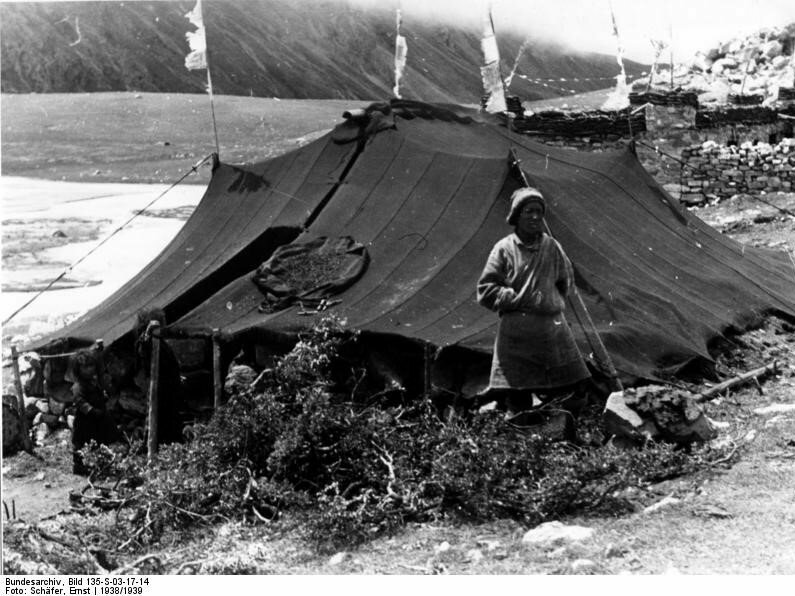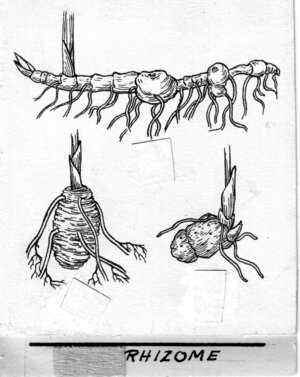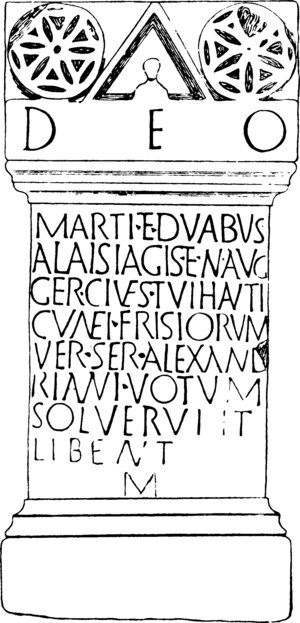In the aftermath of the age of territoriality, an ancient form of mobility gained attention from a new perspective: nomadism. Since the 1970s, this specific nomadic thought has been shaped by the French philosopher Gilles Deleuze and the psychologist Félix Guattari. In the intellectual neighbourhood of Michel Foucault, they launched their idea of conceptual nomadism as a mode of thinking in a non-linear, non-rationally grounded way. To illustrate this approach, they introduced the symbol of the rhizome. Transferring this term from its original context of biology to the setting of postmodern thought, they tried to stimulate alternative modes of thinking, acting, and practising in all societal fields – from politics to scientific research. The rhizome is not a root that grows in a predictable way or leads directly from a germ to a tree or plant; rather. it is a kind of proliferating underground system of channels, passages, and dead ends in which one cannot follow an obvious route, but has to move on in darkness, leaving behind a trail. Thinking rhizomatically does not involve aiming at a specific destination, but moving simply for the sake of staying in motion. As such, the rhizome is a stimulating concept of intellectual mobility that enables one to think ‘the other’ of modern rationality and linearity. Using the nomad as a key figure of postmodern thought and the rhizome as a symbol of his specific way of thinking and acting allows the values of modernity to be overcome in a productive way. The modern ‘homo historicus’ was progress-oriented, acting rationally and efficiently in order to identify a clear chain of cause and effect. In contrast, the ‘homo nomadicus’ was in permanent motion, transgressing physical, cultural and symbolic borders without achieving a particular purpose or arriving anywhere.
The main argument of the project aims to situate these theoretical discussions in a broader historical perspective in order to illustrate why nomadism – in its metaphorical and its anthropological sense – could become a main reference in (post)modern thought. Under the umbrella of nomadic order, I will ask where, when, and by whom nomadism has been used as a timely and appropriate instrument in order to understand people’s increasing mobility, and the meaning of their existence in a globalized but somehow rootless world under the conditions of the modern nation-state and its perceived erosion. From the point of view of history of historiography, Robin George Collingwood’s archaeological approach to history and his focus on excavations will also be analysed as a nomadic method and an alternative to the modernist approach of narrating history. In a wider sense, the act of taking notes will be introduced as a symptomatic nomadic practice, most prominently communicated and popularized by Bruce Chatwin in his travel notebooks.
From the perscpective of a history of knowledge, the project seeks to contribute to theoretical debates on cultural history by proposing nomadism as a pivotal element for discussions relating to mobility in a globally connected world. Tracing theoretical interventions from the 1920s to contemporary debates, I will discuss how the age of territoriality came under pressure in the last decades of the 20th century and how the multifaceted evocations of nomadic culture in political and scientific contexts could be read as an answer to the experience of intensified cultural hybridity and the perceived loss of national and/or societal roots.
** Moleskin ruled notebook [CC BY-SA 2.0]
Related publications
‘Nomadische Notizen: Denken in Bewegung in der (Post-)Moderne’, Historische Anthropologie 29/1 (2021), 125–145
[https://doi.org/10.7788/hian.2021.29.1.125]
Related Events and Presentations
‘Sein als Siedeln oder Unterwegs-Sein? Im/Mobilität und Um/Welt menschlicher Soziabilität’, Conference ‘Umsiedlung und die Ordnung des Raumes. Bevölkerungsverschiebungen in landeshistorischer und vergleichender Perspektive’, Jan Kellershohn and Justus Vesting, Landesmuseum für Vorgeschichte, Halle (Saale), 01 Nov. 2022
‘Beyond the Dream of Development. Endorsement and Critique of Nomadic Subsistence Economy’, Conference “Nomad Properties. Political Anthropologies from the 18th Century until Today”, Bernhard Kleeberg, Dirk Schuck, Anna Möllers, and Martin Mulsow, Erfurt, 30 June–01 July 2022
‘Nomadism as Discursive Figure and Argument’, Workshop ‘Nomads and International Relations’, Jaakko Heiskanen, Cambridge, 19 May 2022
‘The Time of the Nomad’, 23rd International Conference on the History of Concepts ‘Global Modernity. Emotions, Temporalities and Concepts’, Berlin, 7 April 2022
with Tobias Becker und Fernando Esposito, Panel ‘Nomadic Concepts of Time’, 23rd International Conference on the History of Concepts ‘Global Modernity. Emotions, Temporalities and Concepts’, Berlin, 7 April 2022
‘Modern, Postmodern, Nomadic? Notions of Nomadism in Modernity’, Workshop ‘Conceptualising Modernity. An Interdisciplinary Dialogue’, Almuth Ebke and Christoph Haack, Tübingen, 09 Dec. 2021
‘Wandernde Worte. Feldnotiz und Reisetagebuch als Formen nicht-sesshaften Denkens’, Workshop ‘Kleine Formen der Wissenschaftsgeschichte’ (Graduiertenkolleg 2190 ‘Literatur- und Wissensgeschichte kleiner Formen’), Humboldt University Berlin, 14 Sept. 2021
‘Nomadismus als Praxis denken: Ordnungen der Bewegung in der (Post-)Moderne’, Workshop ‘Neue Zugänge zur Zeitgeschichte’, Tübingen, 31 Jan. 2020
‘Nomadische Notizen: Denken in Bewegung in der (Post-)Moderne’, Konstanzer Arbeitskreis Ideengeschichte, Konstanz, 27 Sept. 2019
‘Nomadic Mobility and Cultural Hybridity: Reflections on Nomadism in (Post)Modern Thought’, 12th Annual Conference of the Society for Cultural History ‘Global Cultural History’, Tallinn, 29 June 2019
‘Jenseits der Moderne? Der Nomade als Reflexionsfigur’, Research Colloquium Modern History, Mannheim, 6 Dec. 2018.
 Nomadism as a Discursive Figure of (Post)Modernity
Nomadism as a Discursive Figure of (Post)Modernity



